Introduction
Vinegar-soaked ginger, a traditional remedy deeply rooted in Asian wellness practices, has gained global recognition for its potential health benefits. This tangy, pungent condiment combines the sharpness of fresh ginger with the sourness of vinegar, creating a flavorful elixir that is believed to boost digestion, enhance immunity, and promote overall vitality. While many consume it year-round, questions often arise about the ideal seasons to incorporate vinegar-soaked ginger into one’s diet. Traditional wisdom and modern nutritional science suggest that the body’s needs evolve with the changing seasons, and aligning dietary habits with these rhythms can amplify health outcomes. This article explores the seasonal nuances of consuming vinegar-soaked ginger, examining how its properties interact with the body’s physiological demands during spring, summer, autumn, and winter. By understanding these dynamics, individuals can harness the full potential of this ancient remedy to support health and well-being throughout the year.
Spring: Detoxification and Liver Support
Spring, often associated with renewal and growth, is a season of transition. As temperatures rise and nature awakens from its winter slumber, the body undergoes a similar process of shedding stagnation and embracing vitality. In traditional Chinese medicine (TCM), spring is linked to the liver, an organ responsible for detoxification, blood purification, and the smooth flow of qi (energy). Vinegar-soaked ginger emerges as an ideal companion during this season due to its ability to stimulate liver function and aid in detoxification.
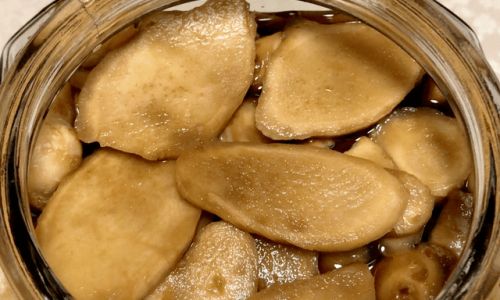
Ginger, rich in gingerol and shogaol, possesses anti-inflammatory and antioxidant properties that support liver health. When combined with vinegar, which is believed to enhance nutrient absorption and promote digestion, the mixture becomes a potent tool for cleansing the body of accumulated toxins. Spring’s emphasis on fresh, light foods—such as leafy greens and sprouts—pairs well with vinegar-soaked ginger, which can be added to salads, marinades, or consumed as a digestive tonic before meals.
Moreover, the warming nature of ginger helps counteract the lingering dampness and cold that may persist in early spring, particularly in temperate climates. This duality—warming yet detoxifying—makes vinegar-soaked ginger a versatile remedy for addressing seasonal allergies, fatigue, and sluggish digestion. However, individuals with excessively “hot” constitutions (as defined in TCM) should consume it in moderation to avoid overheating the body.
Summer: Cooling the Body and Aiding Digestion
Summer’s heat and humidity challenge the body’s ability to regulate temperature and maintain hydration. In TCM, summer is governed by the heart and small intestine, organs that govern circulation and fluid balance. Excessive heat can lead to symptoms like fatigue, excessive sweating, and digestive discomfort. Vinegar-soaked ginger offers a unique solution: while ginger is warming, its pairing with vinegar creates a balancing act that aids digestion without exacerbating internal heat.
During summer, the body’s metabolic rate tends to slow down due to the demands of thermoregulation. This can result in bloating, reduced appetite, and sluggish bowel movements. Vinegar-soaked ginger stimulates gastric secretions, enhancing the breakdown of fats and proteins. Its acidic profile complements summer’s abundance of raw foods, such as salads and ceviches, by improving nutrient absorption. Additionally, the vinegar’s astringent properties may help counteract the dampness associated with humid climates, reducing feelings of heaviness and lethargy.
Critics might argue that ginger’s warming nature is counterintuitive in summer. However, TCM emphasizes balance: while excessive cold foods (like iced drinks) can damage the spleen, moderate amounts of warming foods like ginger can maintain digestive fire without causing overheating. For those in scorching climates, consuming vinegar-soaked ginger in small doses—such as a teaspoon diluted in water—can provide digestive relief without inducing perspiration.
Autumn: Nourishing Lungs and Boosting Immunity
Autumn marks the transition from the warmth of summer to the cold of winter. In TCM, this season is governed by the lungs and large intestine, organs responsible for respiration and elimination. The dryness of autumn air can irritate the respiratory tract, leading to coughs, sore throats, and skin dryness. Vinegar-soaked ginger addresses these challenges by moistening the lungs and enhancing immune defenses.
Ginger’s antimicrobial properties help combat seasonal pathogens, while vinegar acts as a natural preservative and disinfectant. Together, they create a barrier against infections, making vinegar-soaked ginger a proactive measure during cold and flu season. Autumn’s harvest of root vegetables and warming soups provides an opportunity to incorporate this remedy into hearty meals. For example, adding a spoonful to butternut squash soup or stir-fries can elevate both flavor and health benefits.
Furthermore, autumn is a time for consolidation—preparing the body for winter’s storage phase. Vinegar-soaked ginger supports this process by improving circulation and warming the extremities, which are prone to coldness as temperatures drop. Its anti-inflammatory effects may also alleviate joint pain, a common complaint during damp, chilly autumns. However, individuals with dry coughs or constipation should monitor their intake, as excessive ginger could exacerbate dryness.
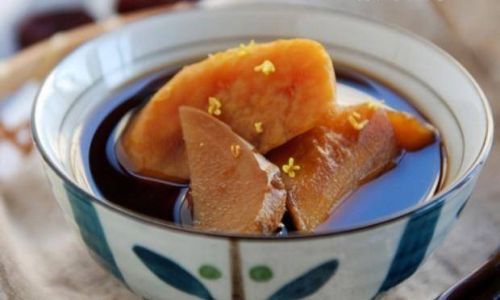
Winter: Warming the Interior and Enhancing Circulation
Winter, the season of rest and introspection, demands nourishment and warmth. In TCM, winter is linked to the kidneys, which govern vitality, growth, and reproduction. Cold temperatures can constrict blood vessels, slow metabolism, and weaken immune defenses. Vinegar-soaked ginger serves as a powerful ally during this season, providing internal warmth and stimulating circulation.
Ginger’s thermogenic properties generate heat from within, helping the body maintain its core temperature without relying solely on external sources like heavy clothing or heating systems. Vinegar, with its ability to dissolve fats and cholesterol, aids in the digestion of winter’s rich, fatty foods—such as stews, roasted meats, and comforting grains. This synergy prevents indigestion and bloating, common issues during holiday feasts.
Moreover, winter’s increased risk of colds and flu makes immune support paramount. Vinegar-soaked ginger’s antiviral and antibacterial compounds can shorten the duration of illnesses when consumed at the first sign of symptoms. For those prone to cold hands and feet, a daily teaspoon of this mixture may improve peripheral circulation. However, individuals with hypertension should consult a healthcare provider, as excessive sodium intake (from certain vinegars) could affect blood pressure.
Year-Round Considerations and Modern Adaptations
While seasonal alignment enhances vinegar-soaked ginger’s benefits, modern lifestyles often transcend traditional rhythms. Air conditioning, artificial lighting, and globalized diets blur the lines between seasons, necessitating a flexible approach. For example, those in tropical climates may prioritize its digestive benefits year-round, while individuals in four-season regions might adjust consumption based on weather shifts.
Modern research also sheds light on vinegar-soaked ginger’s broader applications. Studies suggest that gingerol may reduce inflammation linked to chronic diseases, while acetic acid (in vinegar) improves insulin sensitivity, aiding blood sugar control. These findings position the remedy as a tool for managing metabolic syndrome—a condition prevalent across all seasons.
Conclusion: Harmonizing with Nature’s Cycles
The optimal season for consuming vinegar-soaked ginger depends on individual constitution, climate, and health goals. Spring leverages its detoxifying powers, summer utilizes its digestive support, autumn benefits from its immune-boosting effects, and winter capitalizes on its warming properties. By harmonizing with nature’s cycles, individuals can maximize this remedy’s potential while fostering a deeper connection to seasonal wellness. Whether enjoyed as a culinary accent or a daily tonic, vinegar-soaked ginger remains a testament to the timeless wisdom of aligning diet with the rhythms of the earth.
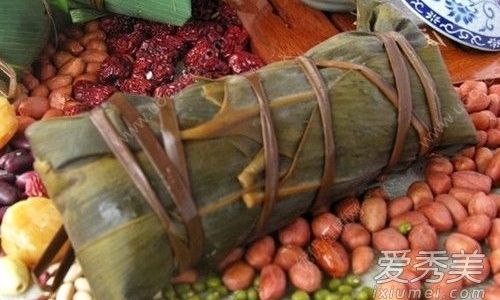

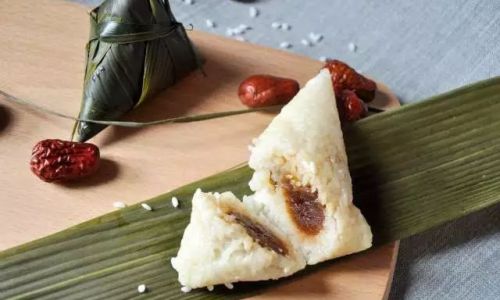
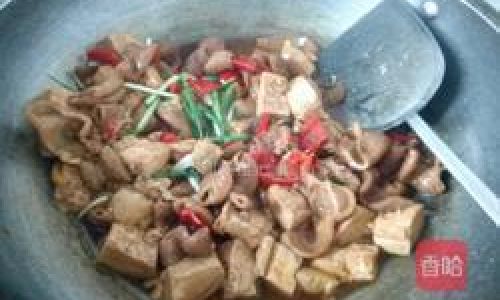

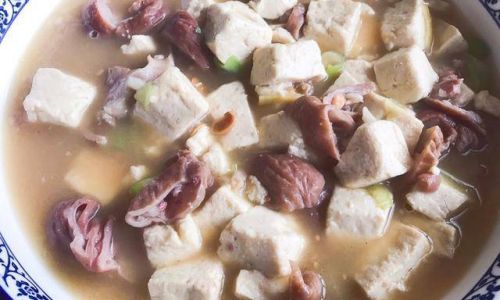
0 comments